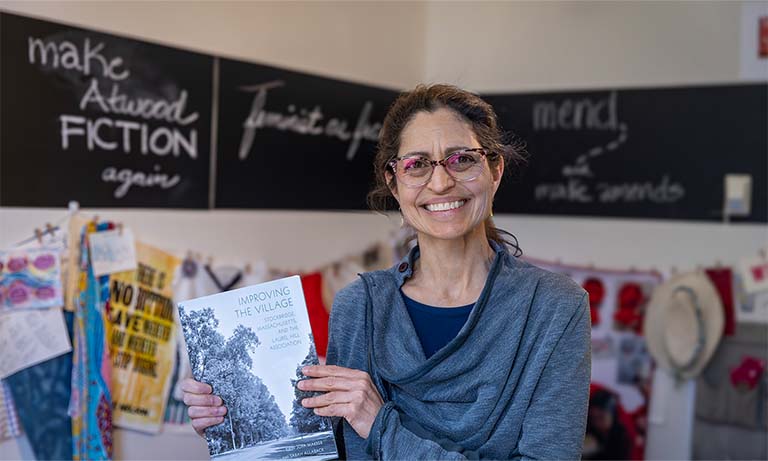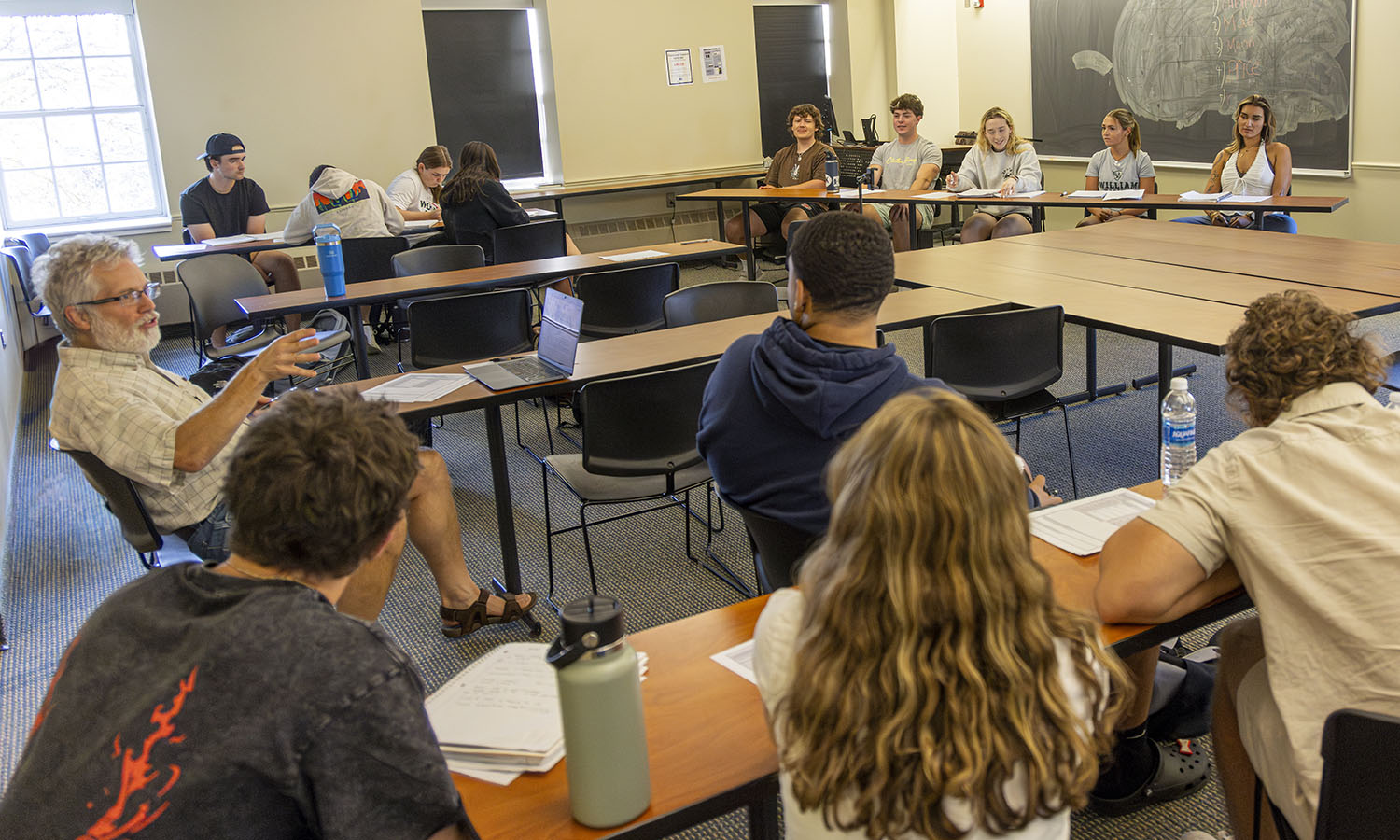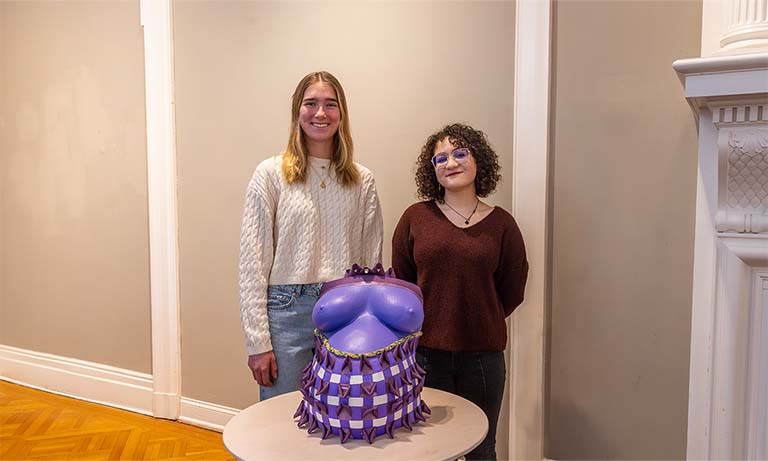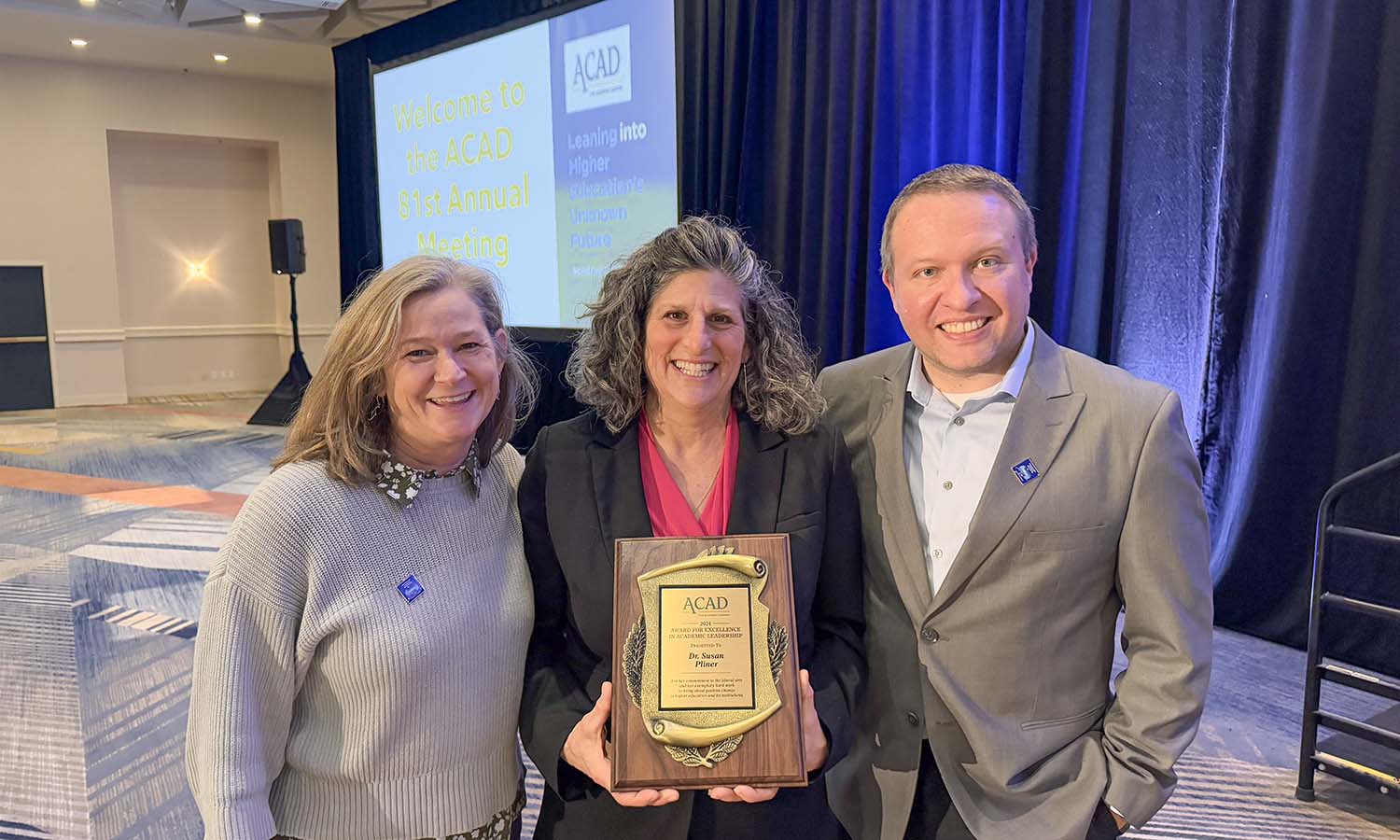
HWS News
21 March 2025 • Faculty Makker Authors New Book on Pioneering Planning Organization
Professor Makker’s research explores the Laurel Hill Association, founded by Mary Hopkins Goodrich in 1853, which reshaped the village of Stockbridge in the Berkshires into a model American town.
Professor of American Studies Kirin Makker’s new book traces the evolution of the influential volunteer group whose work in the mid-19th century transformed the Berkshires’ village of Stockbridge, Mass. into a model American town. Coauthored with Sarah Allaback, Improving the Village: Stockbridge, Massachusetts, and the Laurel Hill Association was released in February by the Library of American Landscape History. The public is invited to meet Makker at “History Happy Hour: Civic Improvement and Beautification in Geneva” from 4:30 to 6:30 p.m. on Thursday, April 3. at Lake Drum Brewing in Geneva, N.Y.
In the book, Makker explores narratives of the Association and its members who expressed their love for their community by organizing engineering, beautification and social programs to evolve their town. In doing so, they created an organization that has survived for more than 172 years and inspired like-minded citizens to establish hundreds of village improvement associations throughout the nation.
“I want the story of this place to inspire and delight readers. I hope it shows how powerful a community can be when people come together to work for the common good. I also want readers to recognize how deeply connected our stories are—that national and global events, ideas and figures shape the way we understand our lives. At the same time, we play an active role in shaping those influences, just as much as we shape ourselves,” says Makker.
Makker says she was drawn to the work of the Laurel Hill Association for several reasons: She wondered how cities and towns developed before professional planning emerged in the late 19th and early 20th centuries, how communities established street trees, sidewalks and park spaces, how they organized town-wide events, and how the land was initially acquired.
To explore and potentially answer these enigmatic questions, Makker narrowed her scope to the specific town of Stockbridge and then spent years compiling and sorting the material for this book. She explored a vast collection of historical records including minutes from Laurel Hill Association meetings dating back to the 1850s, handwritten speeches, studies conducted by the group and detailed invoices and contracts for municipal projects.
She also examined town records, local and national newspapers and periodicals and visited regional archives containing the papers of various notable Stockbridge residents, including Norman Rockwell.
At HWS, Makker teaches courses centered around critical space theory and design. She combines traditional scholarship with creative practice in hand drawing, sewing and installation art. Outside of teaching, she explores women’s and Black history in urban planning and feminist architectural practice. She is also the artist behind the “Womb Chair Speaks” project, which has been on display at HWS, Harvard University, the Center for Interdisciplinary Research on Aging and Care at the University of Graz, Austria, and the Winterthur Museum.
During the “History Happy Hour” on April 3, Historic Geneva Curator John Marks also will present historical images of Geneva’s civic improvement and beautification work over the decades. Makker will be available to discuss the history of the civic and village improvement movement as well as Geneva’s efforts. Additionally, there will be copies of "Improving the Village: Stockbridge and the Laurel Hill Association” available for purchase.



